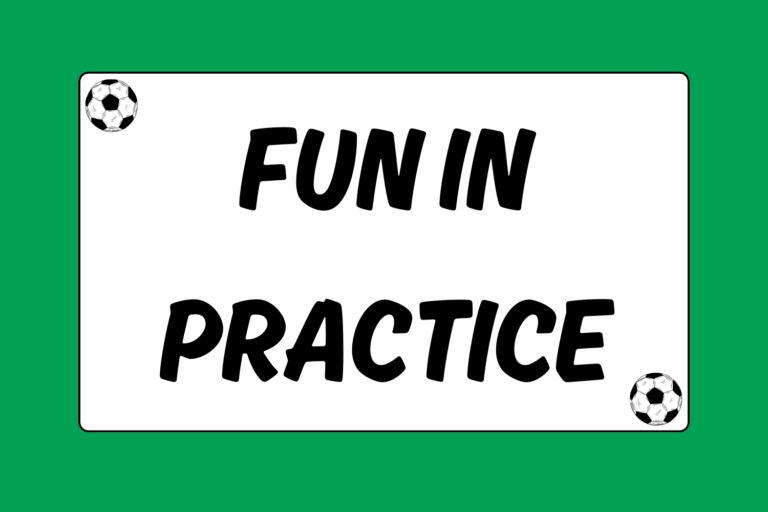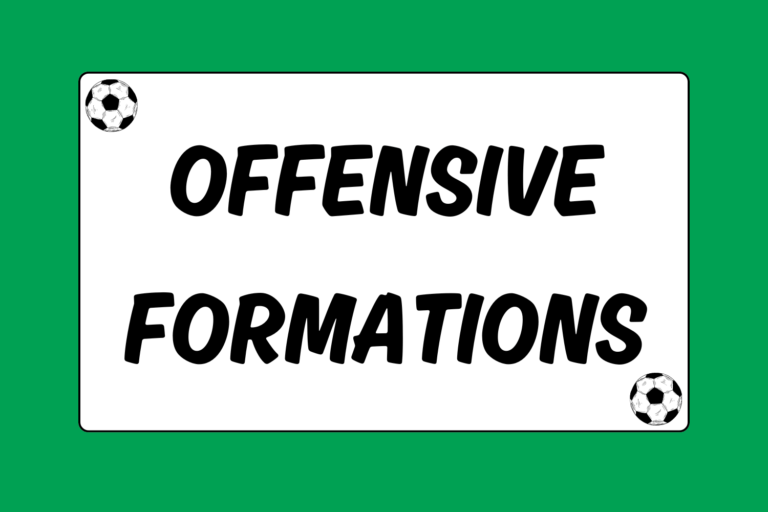Before you begin your journey into the world of youth coaching, you must first establish the foundation of your coaching philosophy. What are the things that you value? How knowledgeable are you about the game of soccer?
It’s important to recognize the limitations of your abilities, and subsequently play to your strengths. In order to gain the trust of your players you must first outline how you are going to build your team. In order to do this you’ll need a quick crash course on the mental, physical, and organizational basics of soccer coaching.
A Positive Mind Set
When coaching children, it’s important to remember that positive encouragement is a necessity. That’s not to say that you should encourage bad practice or form, but when the children are following your instruction or succeeding in their role, it’s important that you let them know. You are the authority figure on the field and they need to get their direction from you.
Earning Your Players Respect
The most important aspects of coaching that you need to establish are consistency and fairness. By establishing consistency you will give your players a level of expectation that they will eventually grow comfortable with. Fairness, in turn, will come through consistency.
Depending on the age group, some coaches elect to give equal playing time to everyone. This is more common with younger players before they reach a competitive level. That is one traditional opinion of fairness, whereas another holds that players who work harder deserve more playing time. This style is seen more often in the older age groups and high school. Part of your job is determining which direction you want to take. Regardless of what you choose, keep it consistent.
Coaching Your Own Child
Most new youth soccer coaches end up with the gig because they have a child on the team, and someone has to step up. Just keep in mind that all the parents are going to watch your child very closely. Does he/she get more playing time, do they get preferential treatment? You have to be very sensitive to the issue, and if anything, be harder on your child than the rest of them to set a good precedent.
Gaining Parent’s Trust
While coaching the players is your true role, the politics of coaching simply can’t be stressed enough. You will find that your attention is constantly drawn in every direction as parents fight for their child’s position, playing time, and status on the team. The trick is to be firm but fair. Make sure that it is abundantly clear that you are the authority figure and that your decisions are final. However, also ensure that lines of communication are open. Having a dialogue with parents so they understand why you are making your decisions is a necessity.
Keeping Morale High
Despite what people may say, winning isn’t everything. This is especially true when children are young and in a development stage in the sport. Always focus on the positives of a game before the negatives. This will let the players know what they are doing right, and then go into how they can improve. As long as there is a progression from match to match, there are always positives that you can highlight, regardless of the score.
Hot Tip: Check Out the Positive Coaching Alliance
The Positive Coaching Alliance is a well established organization dedicated to the betterment of youth coaching in all sports. Although their philosophy of coaching only focuses on positive encouragement, they have a tremendous amount of resources for new coaches looking to jump into the fray.
Choosing a Captain
Choosing a captain is more complicated than simply picking the best player on the field. Very often your best player is as good as they are because they are selfish, ambitious, and athletically gifted. These are not the qualities that merit consideration for captaincy.
Your captain should be a selfless individual who displays hard work and the objectives of the team before themselves. If you see a player helping their teammates in a positive way and taking on a leadership role, that player is most likely the one who deserves the armband.
Deliberating Team Duties
Unless you are coaching a professional team or a well established and well funded high school team, there is a lot of work behind the scenes that needs to get done. That’s where the parents come in. At your first meeting with the team parents, explain what the various roles are and stress that a team can’t function properly without support.
The most common roles you will need to fill are: assistant coach, team treasurer, tournament coordinator, uniform coordinator, ride/carpool coordinator, travel coordinator, snack coordinator, and team referee. For more info on each of these specific roles, please see the Roles for Parents in Youth Soccer guide.
Winning vs. Fun
At the end of the day you have to realize that children are playing soccer to have fun. Yes, there is hard work involved and your job is to make them better players, but as soon as you realize your players aren’t having fun anymore, you’ve lost them. Always be aware of how the players are feeling about coming out to practice and games, and if the status quo isn’t working, change it up.
Making a Difference
Whether you like it or not, you are now a role model in a child’s life, so take the responsibility seriously. Be the best coach you can be, but also remember that the development of children is the endgame. Always put the values and life lessons gained from team sports ahead of your own ambitions.





